The Swiss start-up upending how the world pays for medicine

Basel-based start-up Lyfegen wants patients and insurers to stop overpaying for medicine. Its CEO believes the company has developed the technology to make it happen.
Girisha Fernando doesn’t mince words when he talks about Lyfegen’s ambitions. “We want to change the healthcare system,” the CEO of the five-year-old healthcare start-up told SWI in its cramped offices in a nondescript building in Basel’s main shopping district. “This is about life and death. There are patients who aren’t getting their treatment because insurers don’t know how to pay for it.”
There are few better examples of the problem than the gene therapy Zolgensma to treat spinal muscular atrophy, says Fernando. When it was launched by Novartis in 2019, the one-time treatment made headlines for its $2.1 million price (CHF1.9 million), which the pharma giant argued was far less than the ten-year cost of existing therapies and care of the disease.
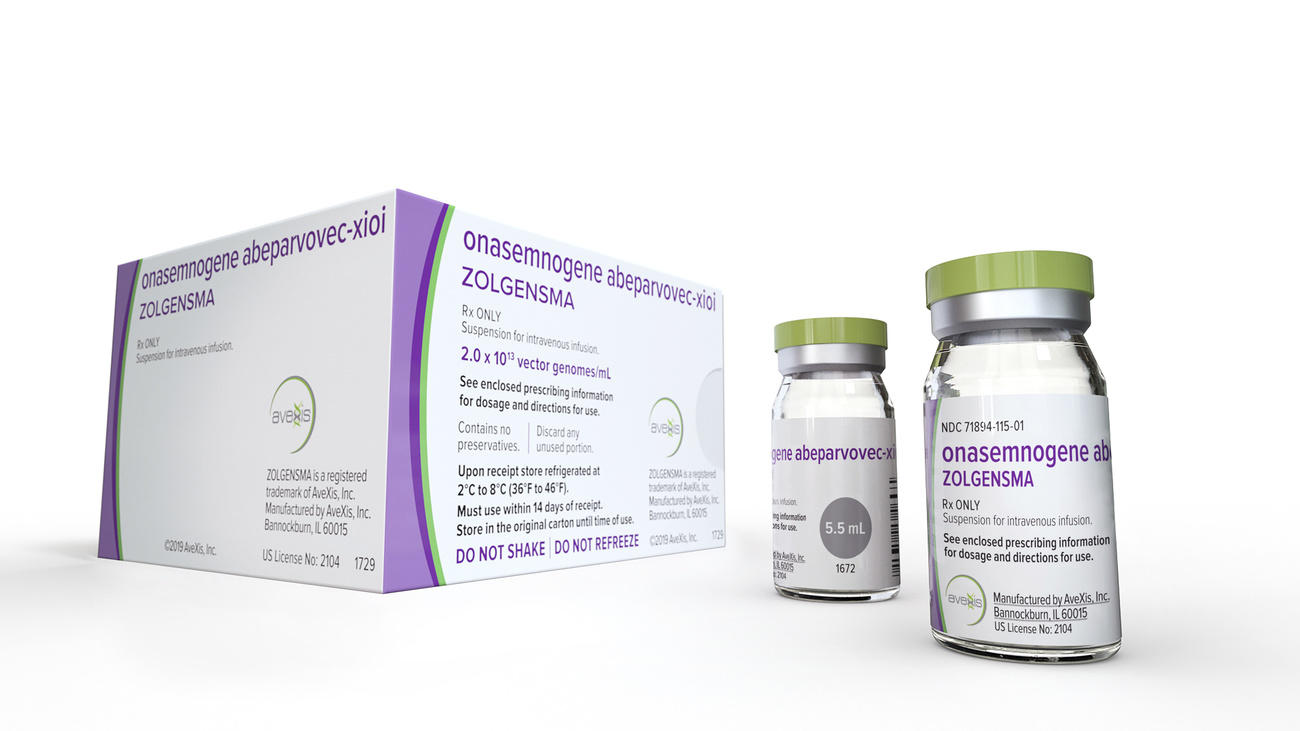
More
How can a drug cost $2.1 million?
But even in rich countries like Switzerland, families of children with the deadly hereditary disease were crowdfunding to pay for the treatment because health authorities were reticent to approve and pay for a drug at such a high price for a single patient.
Such dilemmas are increasingly common as big pharmaceutical companies pour money into personalised medicine, which in contrast to the one-size-fits-all pill, are treatments tailored to an individual’s unique genetics. Like Zolgensma, many of these therapies can be transformational for patients, even lifesaving, sometimes with a single shot or infusion. But they come with eye-popping price tags that are already jolting healthcare payers, such as private insurers and governments depending on the health system.
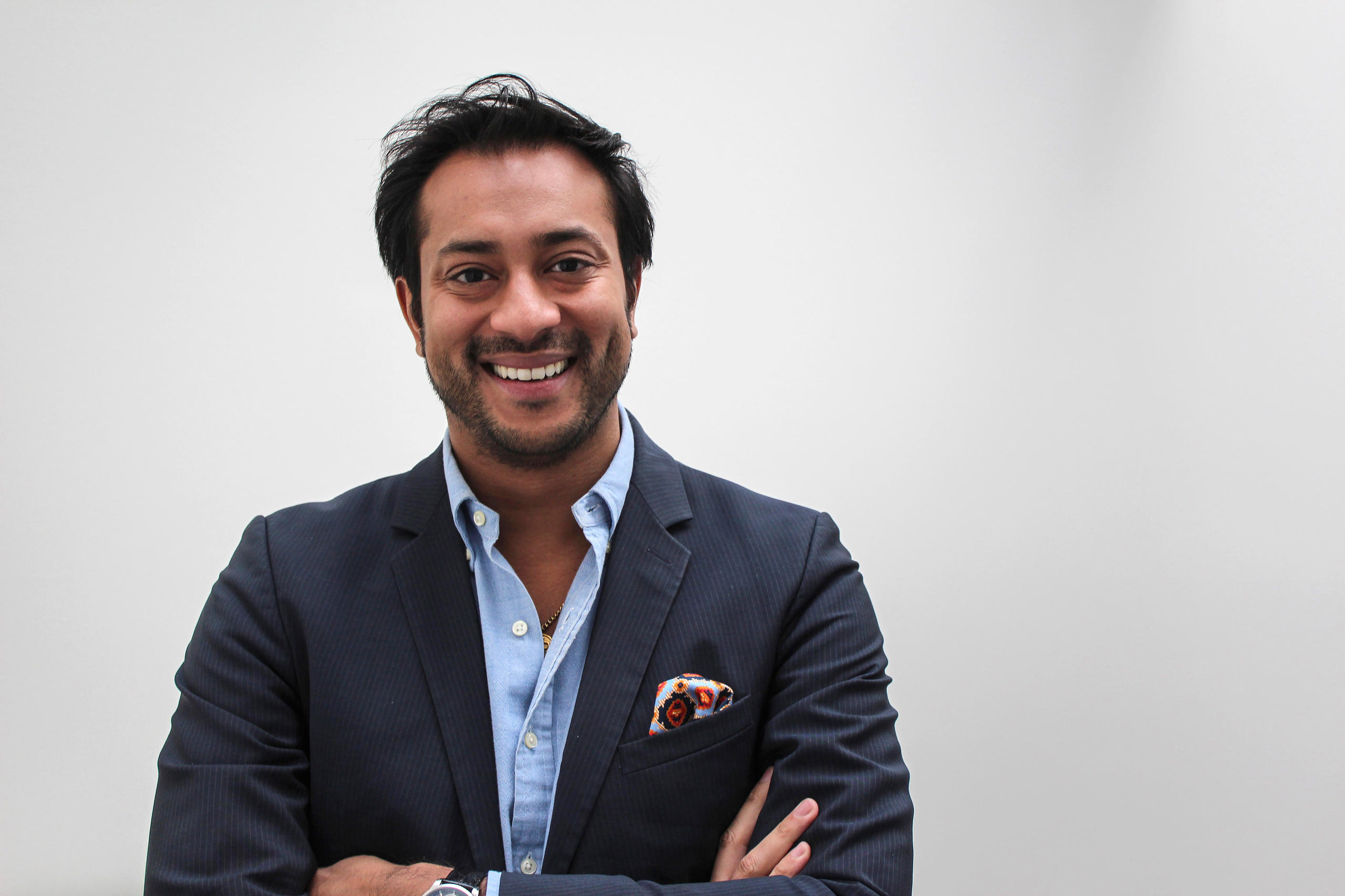
Where many people see a problem, Fernando, like most entrepreneurs, saw an opportunity for a company that can enable new payment models to deal with new complex treatments. In 2018, Fernando and his two business partners set out to create a technology platform that could analyse thousands of contracts a payer has with a pharmaceutical company. The goal: ensure everyone gets their money’s worth for a drug, and that price never stands in the way of saving a patient’s life.
Five years and 25 employees later, Fernando says Lyfegen is ready to take on the biggest pharmaceutical market in the world – the United States.
Light-bulb moment
Fernando’s bold talk and unabashed ambitions contrast with his humble, gracious demeanour. “Healthcare is a tough nut to crack. There are so many issues and problems. You have to be a bit foolish to want to fix the problems,” the 33-year-old entrepreneur told SWI.
Sporting trendy white Veja sneakers and a sports jacket with a handkerchief tucked in the breast pocket, Fernando credits his parents and upbringing for teaching him to take risks and challenge the status quo.
More
Fernando arrived in Switzerland at the age of three when his family fled war in Sri Lanka. After living in an asylum centre, his parents eventually found jobs in Basel – his mother as a teacher, and his father in a small biotech company.
“My parents had to leave everything behind and make a new life for our family here,” he told SWI.

More
The end of affordable medicine
Fernando attended both local and international schools, mixing with friends from the neighborhood and expatriate children of pharmaceutical executives, switching back and forth between English, Basel dialect, standard German and French. After an internship at Syngenta and a student job at Roche, Fernando was on his way to become one of the youngest directors at Roche.
But at 29 years old, he decided to trade in a cushy job in one of the biggest pharmaceutical companies in the world for the precarious life of a start-up founder. It was at Roche that he had a light-bulb moment that convinced him it was worth the risk. He was then working in the IT department that supported pricing and market access when the company was starting to invest heavily in personalised medicine.
He saw huge inefficiencies in the reimbursement process for medicine and challenges dealing with a flood of healthcare data that were only going to worsen as more treatments like Zolgensma come on the market.
He became convinced that new ways to pay for medicine were needed, and the only way to make that happen was with technology. With seed funding from a wealthy Basel family and their own personal savings, Fernando and his two co-founders, Nico Mros and Michel Mohler, combined their healthcare, finance, and tech knowledge to launch Lyfegen at the end of 2018.
Systems change
The company started with a focus on finding cost savings in traditional financial transactions between payers and a pharma company. But the real opportunity for the start-up, says Fernando, is in creating new payment models that integrate what he refers to as “value”.
Traditionally an insurance company or a hospital paid a drugmaker based on doses or volumes administered regardless of whether the drug was effective. But with therapies now priced in the millions, payers are becoming more scrupulous about whether a drug is worth its price in terms of improving patients’ health relative to existing treatment options.
The other challenge is that instead of receiving a monthly bill for a cancer drug administered over months, payers are expected to pay $2.1 million in one go for a smaller set of patients with no guarantee that the drug is effective, especially long-term. Given the risk this poses, many payers are asking themselves whether they should pay for these new treatments at all, and if so, how to pay for it.
“The business model of pharma is completely different with these one-off, curative treatments but our reimbursement system isn’t set up to pay for them,” said Fernando. There are over 1,000 cell and gene therapies in the clinical trial pipeline. If only a fraction reach the market, they are estimated to increase healthcare costsExternal link in the US alone by CHF300 billion in the next decade.
It’s patients that lose out as governments refuse to cover the price of drugs, and pharma companies retaliate by pulling them from the market – a scene already playing out in Brazil, the United Kingdom, and elsewhere. Two years ago, Boston-based Bluebird Bio pulled its one-off gene therapy Zynteglo for the blood disorder beta thalassemia, from the European market after failing to persuade the German government to cover its $1.8 million price tag.
Health insurers have been talking for years about introducing value-based contracts, integrating measures like days with higher quality of life, savings from fewer hospital admissions, among other factors into the price and reimbursement system but there’s been no practical way to do it.
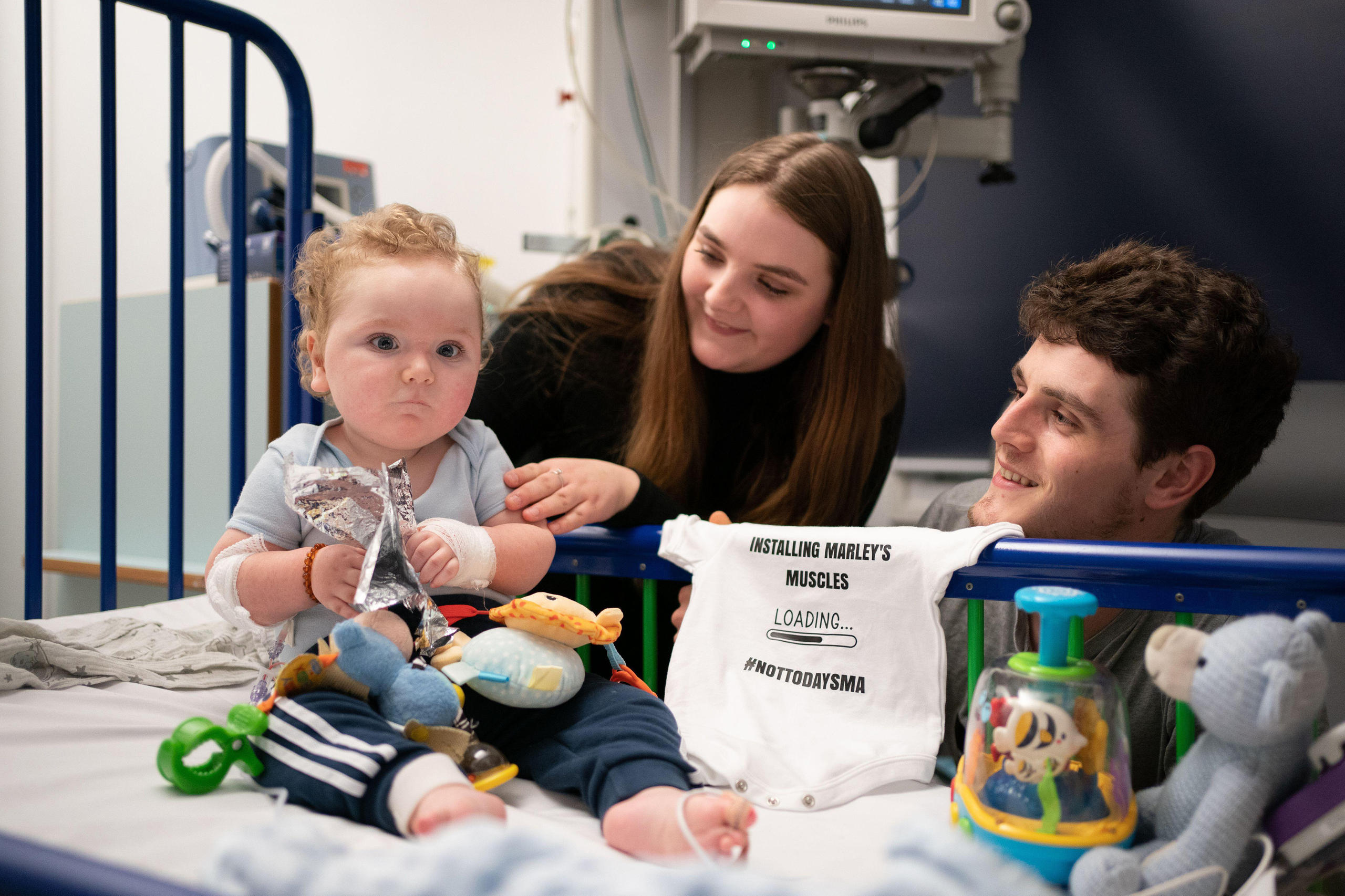
“Why shouldn’t a drug cost $3.5 million if it cures a patient that was costing a health system $10 million?” said Fernando. “The system is saving $6.5 million but if there’s no way to calculate that, it’s hard to make the case for the price.”
Lyfegen’s platform tackles this by digitalising contracts, integrating real-world data from hospitals and using intelligent algorithms to look at how well a drug has performed, and therefore what its price should be based on the specific situation. The platform can also analyse thousands, potentially millions, of contracts to identify what kind of payment models would make sense for a specific drug or payer.
For example, a drugmaker could agree to provide a full refund, if the patient doesn’t respond to a drug in 30 days.
The number of different conditions in a contract are endless, says Fernando, who claims that Lyfegen has the world’s largest library of public drug and medical device pricing agreements that includes some 2,000 different agreements.
On the up and up
The Basel-start-up is now at a critical juncture. It’s implemented over 400 value-based contracts for around 15 payers in countries such as Portugal, Spain, Saudi Arabia, and Canada. Some 8 out of the top 10 largest pharmaceutical companies also pay an annual fee to access the platform.
The big prize is the US market as state-run Medicare will be able to start negotiating prices directly with drugmakers to establish what it calls a “maximum fair price” for certain drugs. Value-based pricing is expected to be a big part of this.
By “conquering the US”, Fernando, who now splits his time between Basel and New York, believes Lyfegen can post a profit in three to five years. A key hurdle is securing enough funding to build out the sales team. The company has raised around $10 million, with a huge chunk from aMoon, a venture fund out of Tel Aviv. The start-up has to contend with venture capitalists that are more wary of biotechs after many stumbled after the pandemic investment boom.
Fernando also has to balance the competing interests of over-burdened health systems and profit-driven companies.
“Everyone has conflicting interests in the healthcare industry. We’re that middle party that helps improve affordability and increase access for patients,” said Fernando. “We’re sort of the Switzerland between the payer and the pharma company.”
Edited by Virginie Mangin

In compliance with the JTI standards
More: SWI swissinfo.ch certified by the Journalism Trust Initiative

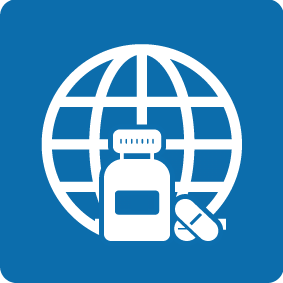









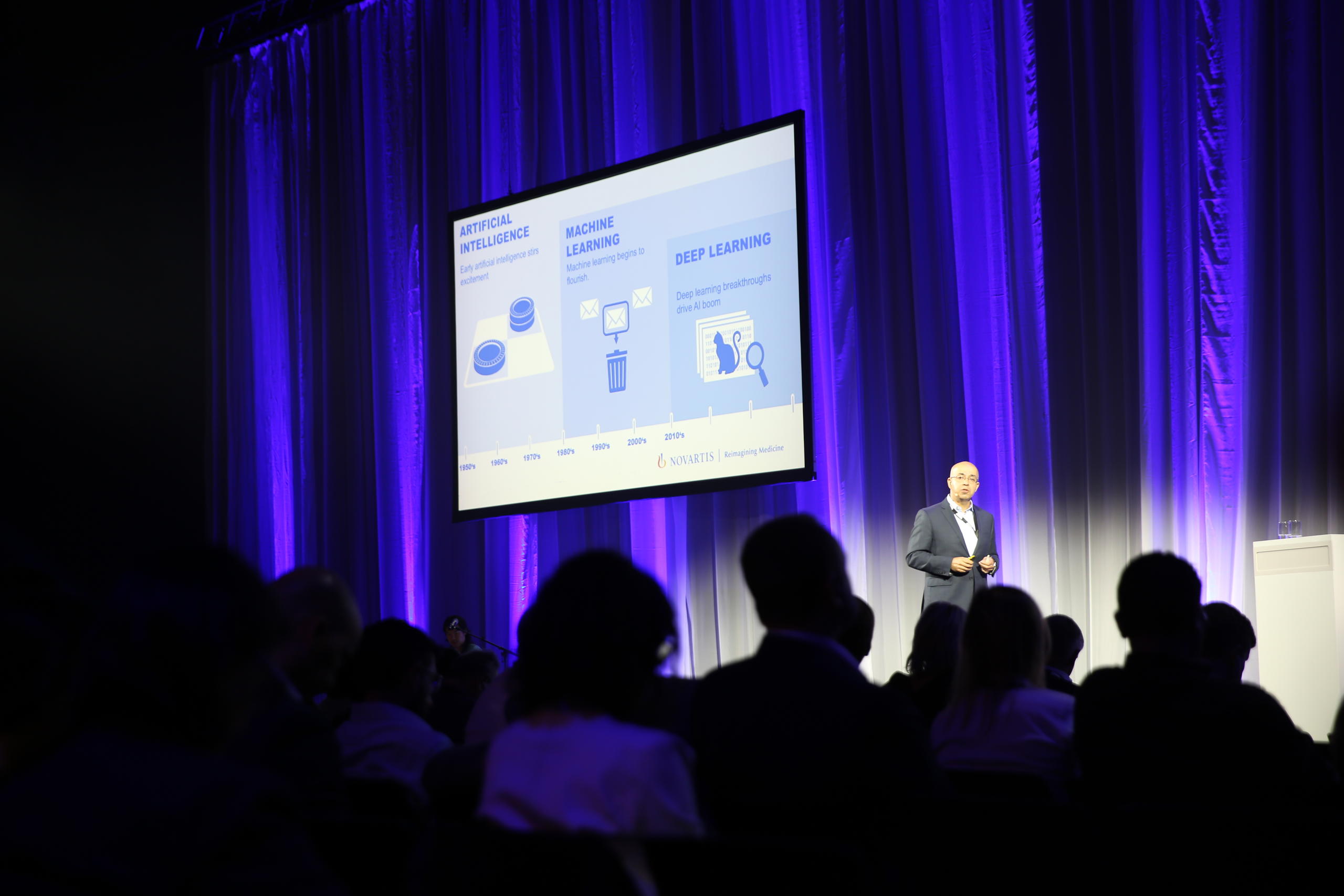

You can find an overview of ongoing debates with our journalists here . Please join us!
If you want to start a conversation about a topic raised in this article or want to report factual errors, email us at english@swissinfo.ch.